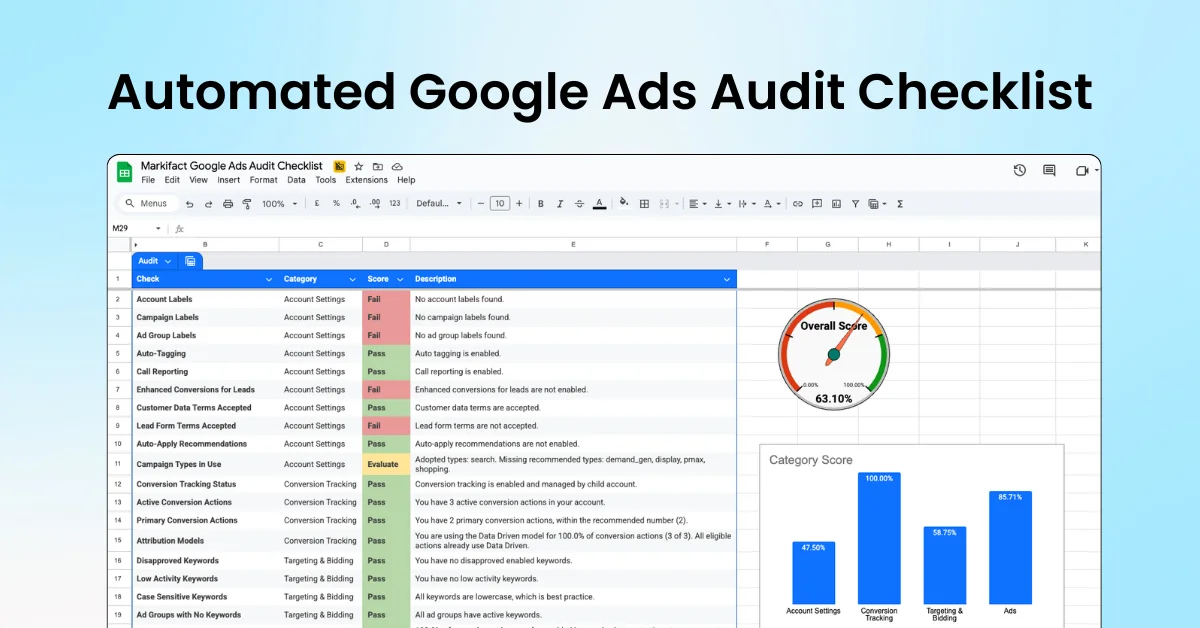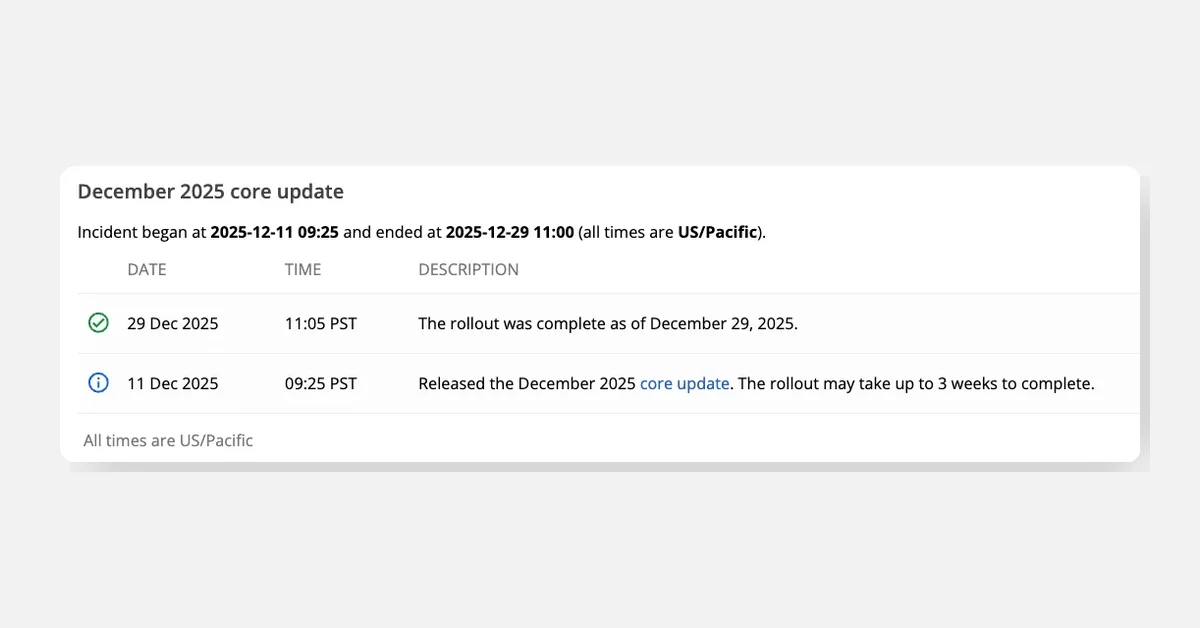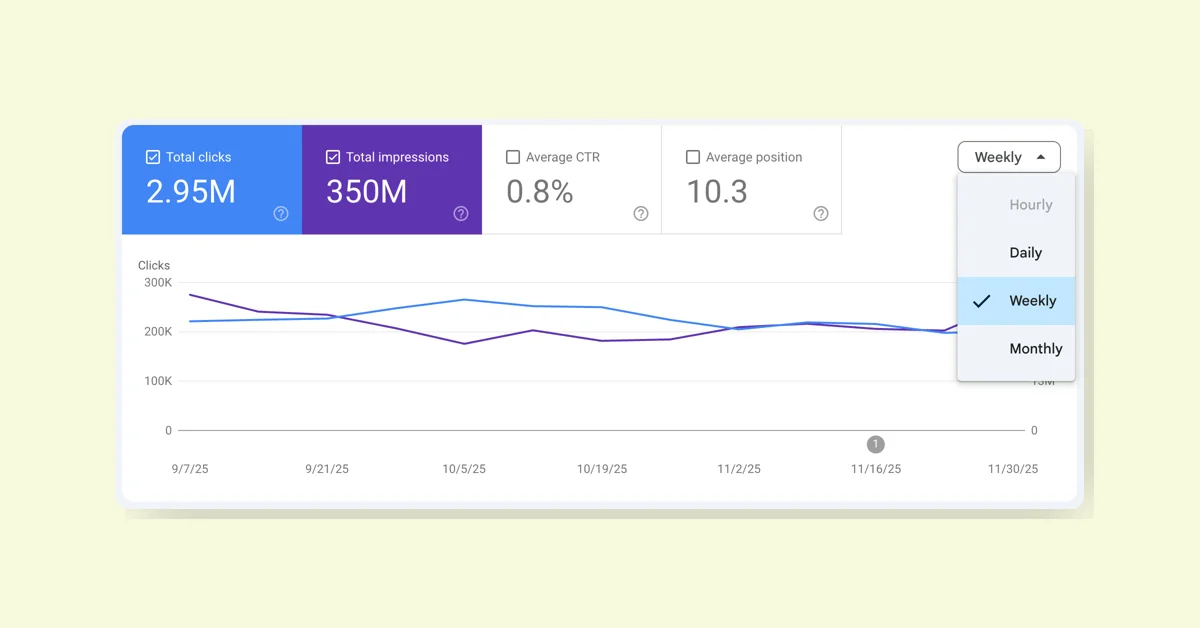The US government is considering breaking up Google, marking the first potential dismantling of a major monopoly since AT&T's breakup into Baby Bells four decades ago. The Department of Justice (DOJ) suggested separating Google's search business from its other core businesses like Android, Chrome, and the Google Play app store. This move aims to prevent Google from leveraging these products to advantage its search engine and related features, including emerging technologies like artificial intelligence, over competitors.
Antitrust Violations and Legal Rulings
A federal judge ruled in August that Google violated US antitrust law with its search business, labeling Google a "monopolist." This ruling sets the stage for significant changes to Google's business operations and how Americans access information online. The DOJ's recommendation follows this ruling and aims to address Google's monopolistic practices.
Google criticized the government's plan as "radical," arguing it could degrade the customer experience, disrupt Android and Chrome, hinder AI innovation, and compromise user privacy by forcing the company to share personal information with competitors. Google contends that the case should focus on search distribution contracts rather than pursuing a broad agenda that could impact multiple industries and products.
Google's shares dipped 1.9% following the news but recovered slightly. The DOJ argued that Google used various interlocking tactics to shut out competitors, resulting in fewer choices and less innovation in the search engine market. The case primarily focuses on exclusive contracts Google formed with other tech companies, including Apple, to make it the default search provider on smartphones and web browsers. US District Judge Amit Mehta ruled these deals were anticompetitive.
Potential Penalties and Future Implications
The next phase involves determining penalties for Google's antitrust violations. Potential penalties include banning Google's exclusivity deals, requiring a "choice screen" on devices to let consumers pick their preferred search engine, and preventing Google from promoting its search engine in other products it owns. The DOJ is also considering measures to prevent Google from leveraging its monopoly power in AI, such as allowing websites to opt-out of having their content used for Google's AI training or appearing in AI-generated summaries.
This case is described as the most significant tech antitrust case since the US government's showdown with Microsoft. Google plans to appeal the ruling, arguing its search engine's popularity is due to its quality. The outcome of this case could influence other ongoing antitrust cases against tech giants like Amazon, Apple, Meta, and Ticketmaster. Google also faces a separate antitrust case regarding its advertising business, brought by DOJ attorneys and 17 states.



















